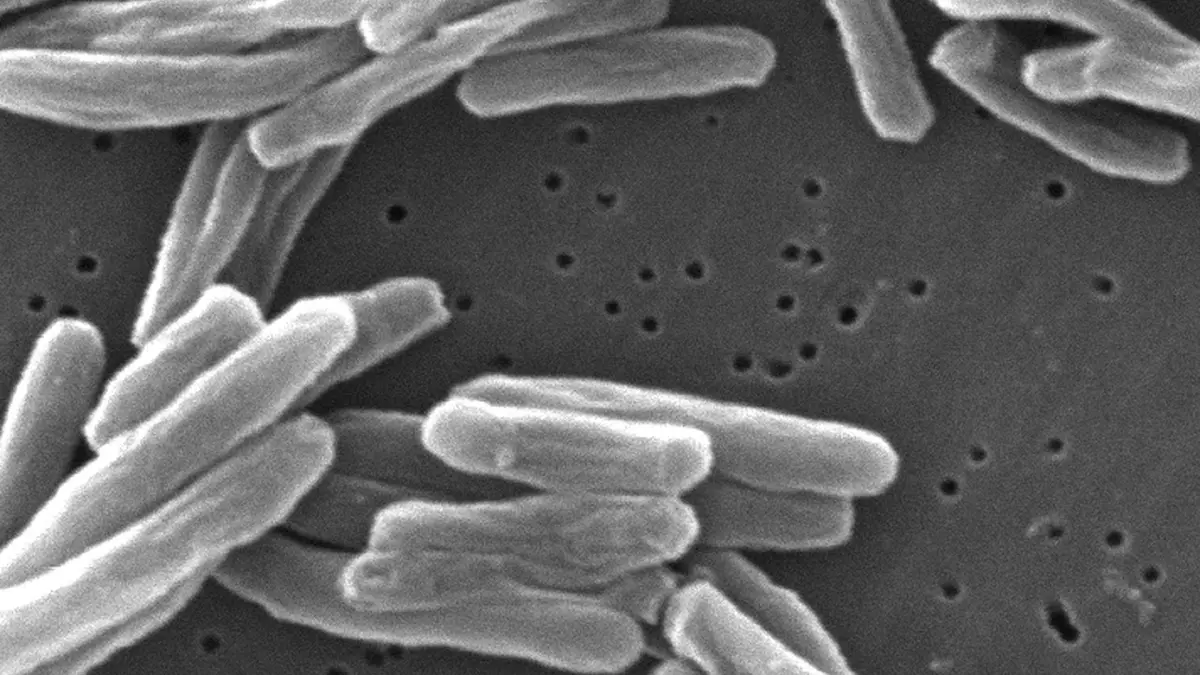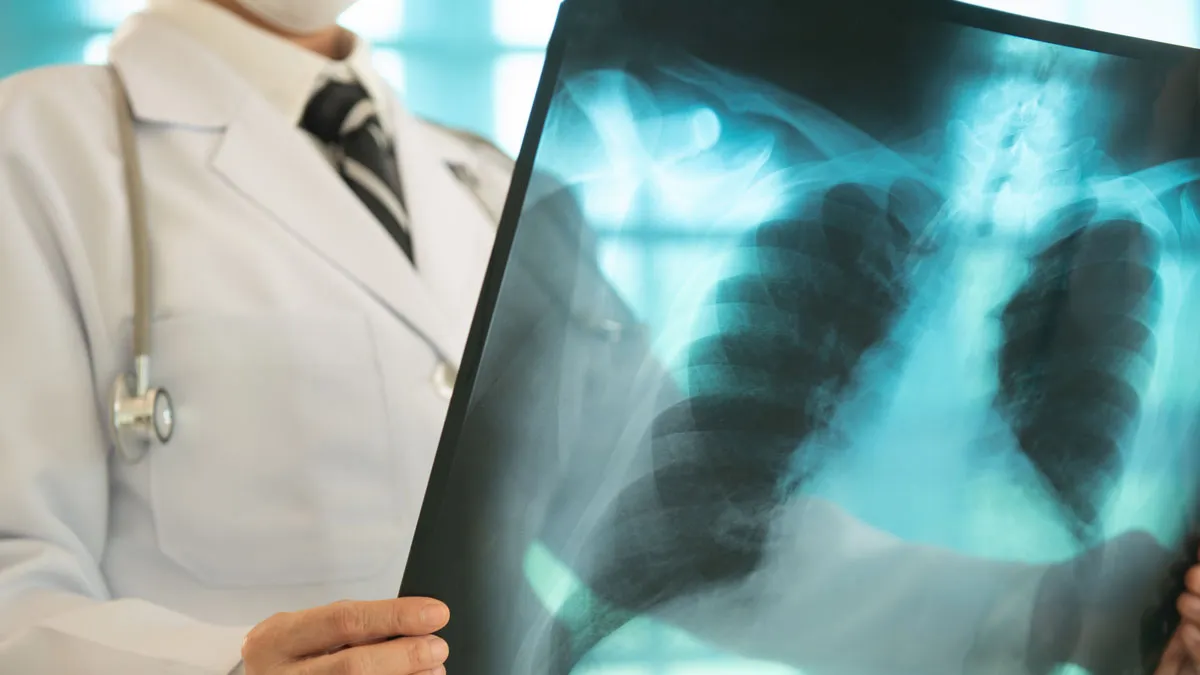

Tuberculosis (TB) is once again the infectious disease responsible for the most deaths worldwide, according to a Tuesday announcement from the World Health Organization (WHO).
The contagious disease was responsible for 1.25 million global deaths in 2023, WHO reported, including 161,000 people with HIV.
COVID-19 had overtaken TB as the world’s leading infectious killer for the previous three years.
LASSA FEVER DEATH REPORTED IN MIDWESTERN STATE, CONTACT TRACING BEGINS
TB is a preventable and curable disease caused by bacteria that typically impacts the lungs, according to WHO.

It is an airborne contagion that can be spread through coughing, sneezing or saliva.
While around 25% of people have likely been infected with the bacteria, only 5% to 10% will experience symptoms and develop the disease, the same source stated.
Only people with symptoms can spread the disease.
"If you breathe, you can catch TB — so all people are at risk," Masae Kawamura, M.D., a former TB control director in San Francisco and a tuberculosis clinician, told Fox News Digital.
Kawamura calls TB a "social disease of crowding and mobility."
E. COLI OUTBREAK LINKED TO MCDONALD’S BURGERS: HOW TO SPOT THE SYMPTOMS
"Since TB is airborne, congregate settings like hospitals, nursing homes, prisons, jails, classrooms and homeless shelters are places TB is more easily spread, especially if multiple risks are involved," she said.
Those at the highest risk of developing TB disease after exposure include people who have diabetes, have weakened immunity, are malnourished, use tobacco and/or drink excess amounts of alcohol.
 Video
Video
Babies and children are also at higher risk.
"If a person has latent TB infection, TB disease activation varies from 5% to 15% over a lifetime, but can be higher if a person has multiple risks, such being an elderly person and/or being malnourished, having diabetes and/or having other diseases that weaken the immune system," said Kawamura.
Those who get sick with TB may experience mild symptoms, including coughing, chest pain, fatigue, weight loss, weakness, fever and night sweats, according to WHO.
Symptoms will vary depending on which organs are affected.
In addition to the lungs, the disease can also affect the kidneys, spine, skin and brain.
"TB can affect any organ of the body, but it causes disease in the lung in over 80% of cases," said Kawamura.
"This is dangerous because it causes cough, the mechanism of airborne spread."

In more severe cases, patients may cough up blood, noted Kawamura, who serves on the board of directors of Vital Strategies, a global public health organization.
"Often there are minimal symptoms for a long time and people mistake their occasional cough with allergies, smoking or a cold they can't shake off," she added.
TB can be identified with rapid diagnostic tests, WHO noted.
The disease is treated with antibiotics that are taken every day for four to six months, the same source stated. Some of the most common include isoniazid, rifampicin, pyrazinamide and ethambutol.

Failing to take the complete course of medications can cause the bacteria to become drug-resistant.
Cases of drug-resistant TB need to be treated with different medications.
If TB goes untreated, it is fatal in about half of its victims, according to Kawamura.
TO SIGN UP FOR OUR HEALTH NEWSLETTER
"About 25% recover on their own and another 25% persist as chronic active TB cases," she said.
In the U.S., most active TB cases are detected at an earlier stage, the expert noted, but the death rate is still "shockingly high" at 10%, and much higher if the patient is over 65 years old.
There is a childhood vaccine called BCG (Bacille-Calmette-Guerin) that is given in most of the world to infants, Kawamura noted.
"It reduces death, meningitis and organ dissemination by 75% in children under 5 — however, it does not prevent TB infection and is ineffective in adults," the doctor told Fox News Digital.

"Overall, BCG is considered ineffective, hence, TB's title as the greatest infectious disease killer of all time."
BCG was never used in the U.S. because of the country’s lower rates of TB, its ineffectiveness and its interference with TB tests, she added.
For more Health articles, visit www.foxnews.com/health


